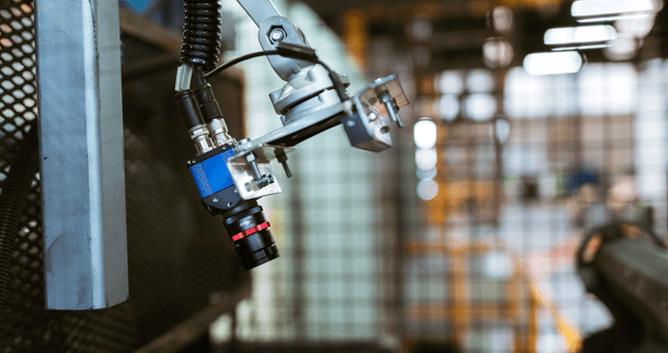Machine Learning in Manufacturing
Share on
What is Machine Learning in the Manufacturing Environment?
In the modern world, the use of technology is rising to the extent that business dealings are made on it. Owners are comfortable using these state-of-the-art machines for better outcomes; therefore, they are changing the way of their trade.
The market competition draws the owners’ attention to ensure they remain at the front.


How can you get started with Machine Learning?
To understand a machine, you need to know how it works, its algorithms, and the coordinated functions that allow it to run smoothly. It is not wrong to say that Artificial Intelligence and Machines are used interchangeably, but both are different models.
Machine learning is a concept that enables a computer or an operating system to work without human programming. It allows humans to alleviate their workload and enhances work performance.
If manufacturers want to begin with machine learning, they must upgrade systems and process that permits the collection of data that is not only steady but reliable. When delivered to the models, they perform efficiently as per their learning.
It might be a task for the manufacturers in the production setup to understand the tech language since they need to possess the skill to translate its power into practical uses.
Eventually, manufacturers should be persistent with machine learning since these are constantly advancing. Machines require much more data to remain upgraded and provide work efficacy. Technology works much better than humans.
A machine vision for inspection is way different from than operator. For instance, machines communicate when they need maintenance to avoid every possible failure.
The operators know when to fix a device before it breakdown and stop.
What are the Potential Benefits of Machine Learning in the Manufacturing Environment?
Since machine learning provides paybacks, manufacturers are looking forward to gains by adopting machine learning in production operations. They will step into the world of industry 4.0 in warehousing and industrial factories, an age where there is a constant interaction between machines, the internet, and the operators. It could provide several benefits.
For Better Quality Production
IIoT in industrial factories has let manufacturers manage everything from productivity to effectiveness.
The top-notch work quality would be supported by the excellent products that are produced in such industries. With quality results, the quantity would be increased and handled well.
Enhance the Work Efficiency
Machines could play a significant role in production areas where everything is done on a plan. They would work in a defined way and reduce every work error, which can make the owners pay for the slightest mismanagement.
Since humans are prone to making errors, machines are not. Although the brain has made machines. Once they adapt to proper functioning, they will minimise every risk of mistake and boost work efficiency.
Improved Chain of Supply
Machines would help the factories to stay updated. If manufacturers understand machine learning well, they will always ensure the factory's needs. Including sufficient materials for the stock and products that the consumers would require.
Looking to improve your industrial machine learning knowledge and for more blog updates – it’s worth checking here.